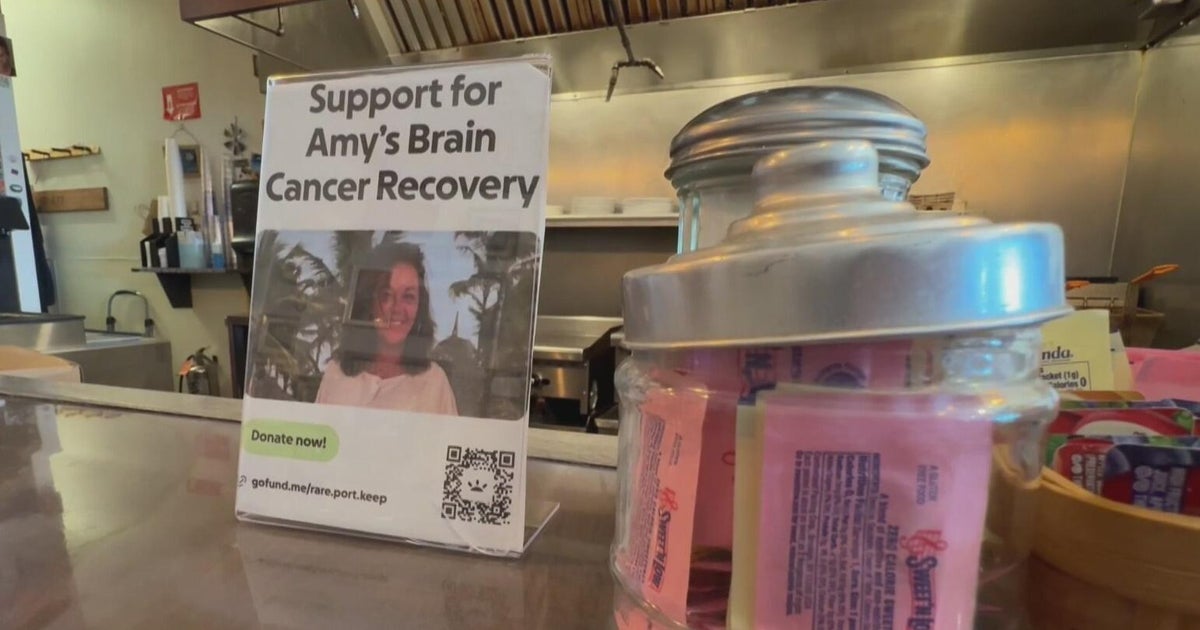Breast Cancer Death Rates Decline, As Major Cancer Risk Factor Rises
NEW YORK (CBSNewYork) – October is Breast Cancer Awareness Month, and Wednesday it was announced that breast cancer death rates are going down.
But as CBS2's Dr. Max Gomez reports, the good news comes with a warning: A major cancer risk factor is on the rise.
There are actually a couple of cancer risk factors that are going up. One is that the population is growing older, which is a major risk factor but one we can't do anything about. The other is that we're growing fatter as a nation, which is a less well-known risk factor.
Even so, breast cancer death rates are declining.
As Dr. Max reports, Eileen Fuentes is a very luck woman. She found a lump in her breast while she was breast feeding her daughter. A mammogram confirmed her worst fear – breast cancer.
"I had surgery -- So I had a bilateral mastectomy with reconstruction. Then I went through four and a half months of treatment," she said.
That was nine years ago, making Fuentes one of a growing number of breast cancer survivors.
In fact, a new study finds that over the past 25 years, breast cancer death rates have dropped by nearly 40 percent. That translates into more than 320,000 averted deaths.
"Your chances of being alive after a diagnosis of breast cancer are significantly higher than if you got diagnosed in 1982," said Dr. Roshni Rao, the chief of breast surgery at New York Presbyterian/Columbia.
Rao says the good news is due to much better targeted therapies for the many different types of breast cancer, as well as due to early detection.
"There's no doubt that mammography saves lives," she said. "And if we can find it when we can't feel it – which is what mammogram does – you're much more likely to be able to survive it."
However, a different report from the Centers for Disease Control and Prevention says the growing obesity epidemic threatens to overwhelm the benefits of early detection and better treatments. In fact, obesity increases the risk – not just of breast cancer, but of colorectal, pancreas, uterine and ovarian cancer and eight other deadly cancers.
"The fat increases the rate of estrogen that's circulating in the bloodstream, which increases the risk of that being utilized by the cancer to grow," Rao said.
But Fuentes likes to focus on the good news, as a cancer survivor.
"I'm happy to be one of them," she said. "It's been nine years. I'm watching my daughters grow up."
The good news is we can all reduce our risk for many cancers by losing weight and then maintaining a healthy weight, Gomez reports. That means eating less and being more physically active, which also helps prevent cancer on its own.







